Your studio monitors are an often overlooked but absolutely critical part of your home studio setup. They play an integral role in ensuring your recording, mixing, and mastering all sound as good as possible.
And whether you’re a hobbyist or a professional, it goes without saying that you want the music you produce to sound as good as it possibly can.
Choosing the best studio monitors can be a little tricky – they are not one-size-fits-all pieces of equipment suitable for any space or user – but by following the below tips you can make a choice that will benefit your work for years to come.
What is the Cost?
This should probably seem obvious, but your budget is going to play a big role in your purchase decision. Powered monitors can range from the hundreds to the thousands in price, so you’ll want to consider just how big a financial priority in your life these monitors will be.
Audio Accuracy is Key
Remember, studio monitors are not just speakers. Your home speakers only need to do one thing – deliver music in a way that gets you grooving – but studio monitors have a much bigger task. They need to deliver sound that accurately reflects the music you are creating.
The best studio monitors will have a neutral, flat response. They shouldn’t be punchy or “enhance” the music in any way. Their sole duty is accurate playback so you can judge whether or not your recording sounds the way it should.
Monitors may be rated with numbers that look something like this: 40Hz-21kHz ± 2dB. This is telling you that the monitors can have some volume differences by up to 2 decibels (the last number) for the frequencies between 40Hz and 21kHz. For most users, a rating of ± 3 dB or less will suit most of your needs and provided a well-balanced sound.
Fit Your Room
You may want the very best studio monitors, but it’s important to keep in mind that bigger does not necessarily mean better. Ideally, you want studio monitors that are suitable for your work space.
Your near field monitors, or the monitors that are situated closest to you, will typically be about 5 to 8 inches (the measurement of the largest cone size). If you’re recording in a spare room-sized setting, 5-inch speakers will do the trick. For larger rooms, such as a basement studio or studio apartment, scale up the size, and ensure your subwoofer is scaled up as well.
Understand Your Room
The room you’re using will have an impact on the performance of your monitors. It’s important to understand how. Low frequency room resonances can cause the bass to be uneven in different portions of the room, especially if your room is cluttered, the workspace is in an odd spot, or due to other factors throwing off the sound.
Some monitors are designed to be “free-field,” i.e. placed several feet away from any walls or obstacles. Others do not need special placement away from walls. Therefore, understanding your room will go a long way towards helping you understand what type of monitors will be best for your needs.
Know Your Bass Needs
Bass response is a tricky subject, but an important one when choosing studio monitors. Too much or too little can influence the mixing and mastering decisions you make, resulting in audio that does not sound as intended on other systems.
A good rule of thumb is to choose monitors with bass response that suits your chosen genre of music. In most cases, a normal subwoofer will do the trick. However, if you’re working in EDM, dance, or other genres where people are going to be listening to the music on systems with really deep bass, your studio monitors should be able to do the same. Don’t settle for anything less than 8” subs, and consider going 10” if your work space allows it. Also, look for monitors that can handle frequencies of 30Hz or lower, because the music you’re working with is going to be played in clubs and cars with tremendously deep bass.
Producing music to today’s standards can be a challenging task, but if you’ve got the best studio monitors you’ll already be winning half the battle. Follow the tips above and we’re sure you’ll make the right choice every time.

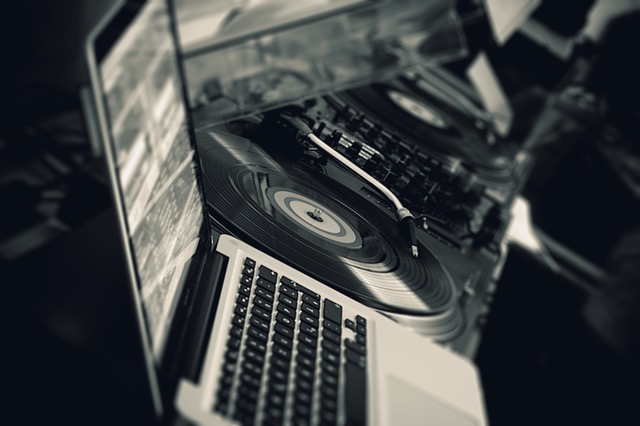



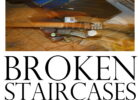

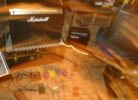
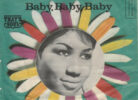
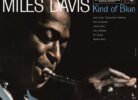
Pingback: Want a Better Music Experiences? CDs Tips! – ERIC SAN JUAN